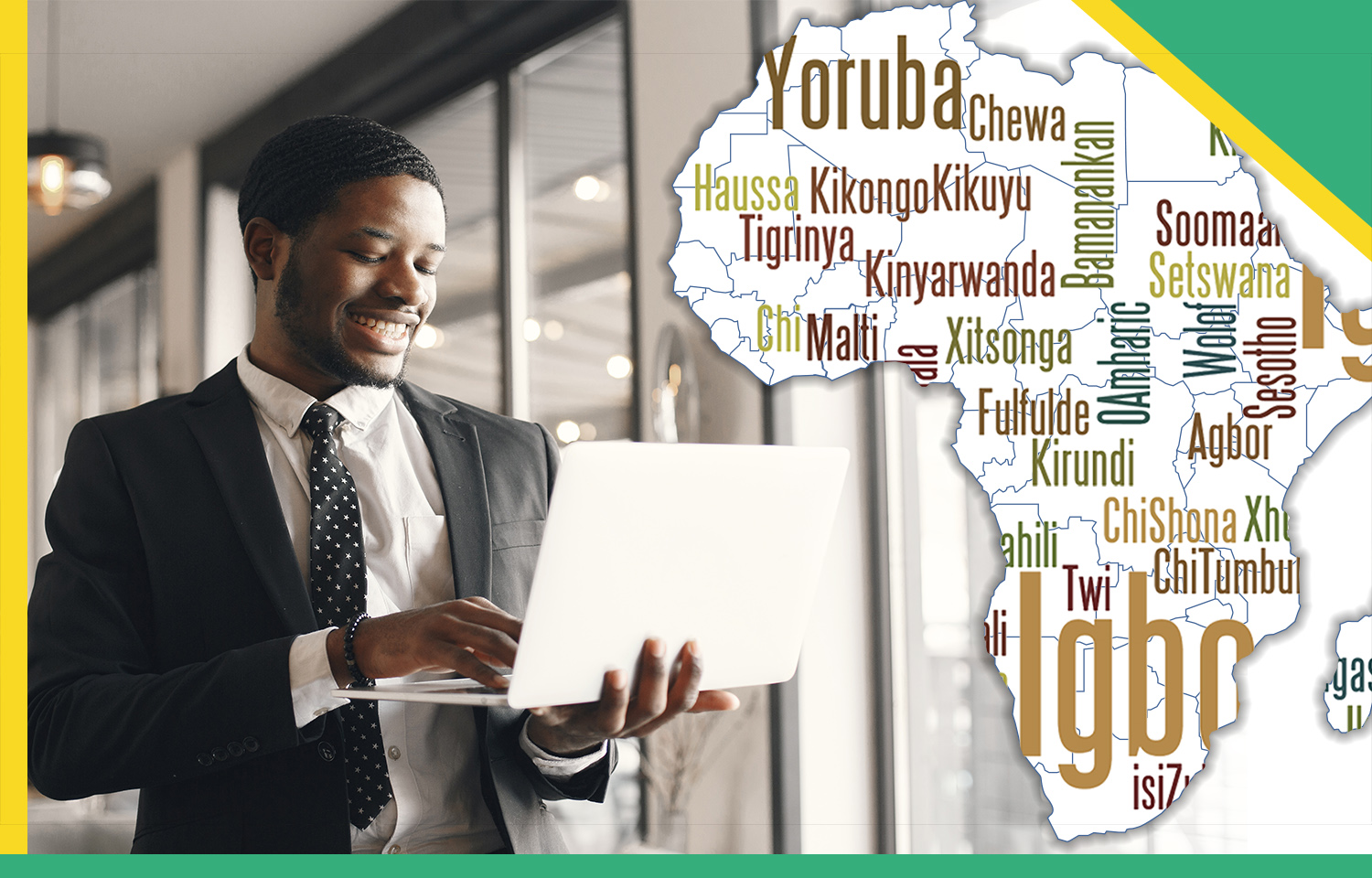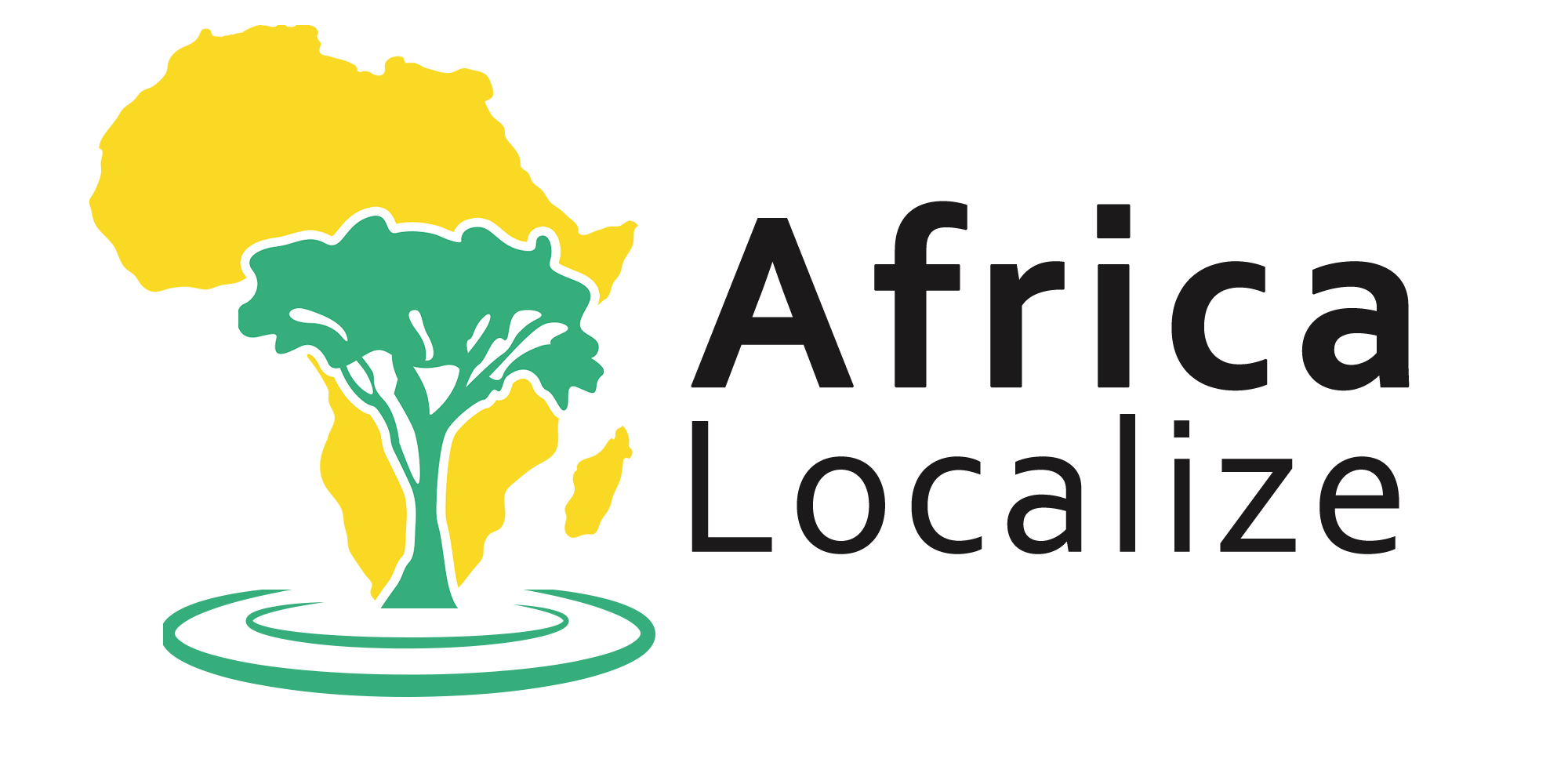What Languages are spoken in Africa?

When you think of a diverse continent, one of the options that show up in your mind is Africa.
Being the second biggest continent in the world not only size-wise but also population-wise and language-wise, Africa has 2,138 languages.
It is necessary to mention that it has the biggest number of countries: 54 countries. Having this many languages ensures the variety of dialects and cultures in every country on the continent.
In this article, we’ll mention a few of the many languages that are used both widely and rarely in this amazing continent.
I. Most Spoken Languages:
Many languages are widely spoken in Africa but we decided to talk about some of the biggest ones that are used nowadays.
A-Swahili:
Swahili is the most spoken language in Africa. It has from 100 to 150 million speakers.
It is one of the “Bantu” languages which are a group of languages spoken by the Bantu people of Central, Southern, and Southeast Africa.
Swahili originates from the Arabic language. That makes it a very easy language to learn if you speak Arabic.
It is the official language of Tanzania, Uganda, the Democratic Republic of Congo, and Kenya, but it is also used in countries like Ethiopia, Sudan, southern Somalia, northern Mozambique, etc…
A random fact: Swahili is the language used in the very famous Disney film “The Lion King”. “Hakuna Matata” is a very much popular phrase as it means “No worries”.
B- Arabic:
Arabic is considered the competitor for Swahili in terms of the number of speakers in the continent as Arabic is spoken by more than 420 million people around the world.
The majority of Arabic speakers reside in the northern parts of the continent and Arabic is considered their official language in Egypt, Libya, Sudan, Morocco, Tunisia, Algeria, and Mauritania.
Countries like: Chad, Comoros, Djibouti, Eritrea, Tanzania, Senegal, Mali, and Somalia have a huge number of Arabic speakers.
Each Arabic-speaking country has its own unique Arabic dialect. But Modern Standard Arabic is the current main form of communication. Classical/formal Arabic is used for mainly educational purposes.
C- Hausa:
The Hausa language is one of the approximately 521 languages spoken in Nigeria. It is the mother tongue of the Hausa tribe, which is found in northern Nigeria as well as other regions across the country.
Hausa is spoken by more than 60 million people in the continent both as a first and second language.
It is also spoken in Benin, Burkina Faso, Cameroon, CAR, Chad, Congo, Eritrea, Germany, Ghana, Niger, Sudan, Togo, and many other African countries.
Hausa is one of Africa’s most advanced languages, utilizing both the Boko (a variation of Latin writing) and Latin alphabets.
D- Oromo:
Oromo is a language spoken mainly in Ethiopia. It is spoken by more than 30 million people on the continent.
Around 30 million of the speakers are found in Ethiopia alone. It’s also considered an official language in Kenya even though it is a minority language. It is also used in Somalia and a minor part of Egypt.
Oromo is a dominant language in Ethiopia that is used as the primary language of education and internet language on federal sites.
A random fact: Between 1974 and 1991, the Oromo people, in Ethiopia, were prohibited from writing in this language. In fact, it was regarded as a crime.
Oromo scholars later adopted a Latin script, which was then used to teach reading and writing.
E- Honorable Mentions:
The languages “English, French, and Portuguese” are considered spoken wildly in Africa.
a. English is a worldwide language and it is spoken by more than 150 million people all over the continent mainly as a second language.
b. French is spoken by over 120 million people. It is used in certain countries as a major language like Gabon, Mauritius, Cote d’Ivoire, Senegal, Sao Tome e Principe, Algeria, Tunisia, and Morocco.
c. Portuguese is the official language in six African countries: Angola, Mozambique, Guinea-Bissau, Cape Verde, Sao Tome e Principe, and Equatorial Guinea. It has more than 30 million speakers on the continent.
II-Rarest Spoken Languages:
Having talked about some of the most spoken languages in the Dark Continent, now it’s time to put some rare languages under the spotlight. Here are a few rare ones that you need to know about.
A- Njerep:
Njerep is a critically endangered language or you can say it is practically extinct as only 4 people speak it as of 2018.
It was native to Cameroon, but currently, its 4 speakers are from Nigeria, with only one of them being able to speak it fluently according to the studies.
In the 2000s, attempts were made to try and collect as much information, vocabulary, and grammar regarding Njerep from its, then, 6 speakers. But only a small fragment of the language has been documented.
It is very sad to see such languages die due to either their speakers dying out or them shifting to another language.
B- Ongota:
Ongota language is also an endangered language native to the southwest of Ethiopia. It is the language of the ethnic Ongota population.
It was reported in 2012 that out of the 115 members of the Ongota people, only 12 elderly spoke the language as the rest switched to another language which is the Tsamai language.
The reason for the language’s endangerment, according to studies, is the Ongota men marrying from outside the communities. This led to the born children speaking their mothers’ languages and not the fathers’.
C- Korandje:
Korandje language is spoken by nearly 3000 people in the Algerian oasis of “Tabelbala”.
It is considered an endangered language as in recent years, parents no longer use Korandje to speak with their children, instead, they use Arabic.
Korandje is heavily influenced by the Amazigh/ Tamazight and Arabic languages. It is not taught in schools nor there were any books in the language but its speakers use a writing system for personal documentation.
D- Yulu:
Yulu language is not endangered but is a vulnerable language. It has around 13,000 speakers in two countries both South Sudan and the Central African Republic (CAR).
Sudan is doing great efforts to save some of its languages from being endangered, the country is promoting the use of local languages in schools to save the many endangered languages in it.
Unfortunately, Yulu was not chosen as one of those languages to be taught in local schools. This is a massive cause that may lead to this language’s endangerment and later extinction as most Sudanese people tend to speak in Arabic, while CAR people speak French as their first official language.
Frequently Asked Questions about “What Languages Are Spoken in Africa?”
Conclusion:
The Dark Continent is an amazing hub of languages and dialects. You’ll find all the mainstream languages and then those that are on the verge of extinction.
But this only makes the rising continent a more interesting place to find new opportunities. If you are looking to learn a new unique language, the options are nearly endless to choose from.
What about starting/expanding a business, Africa is the place for you and your soon-to-be flourishing business as the continent is getting more advanced.
So make sure to consider Africa as your target for a visit, education, or business.
